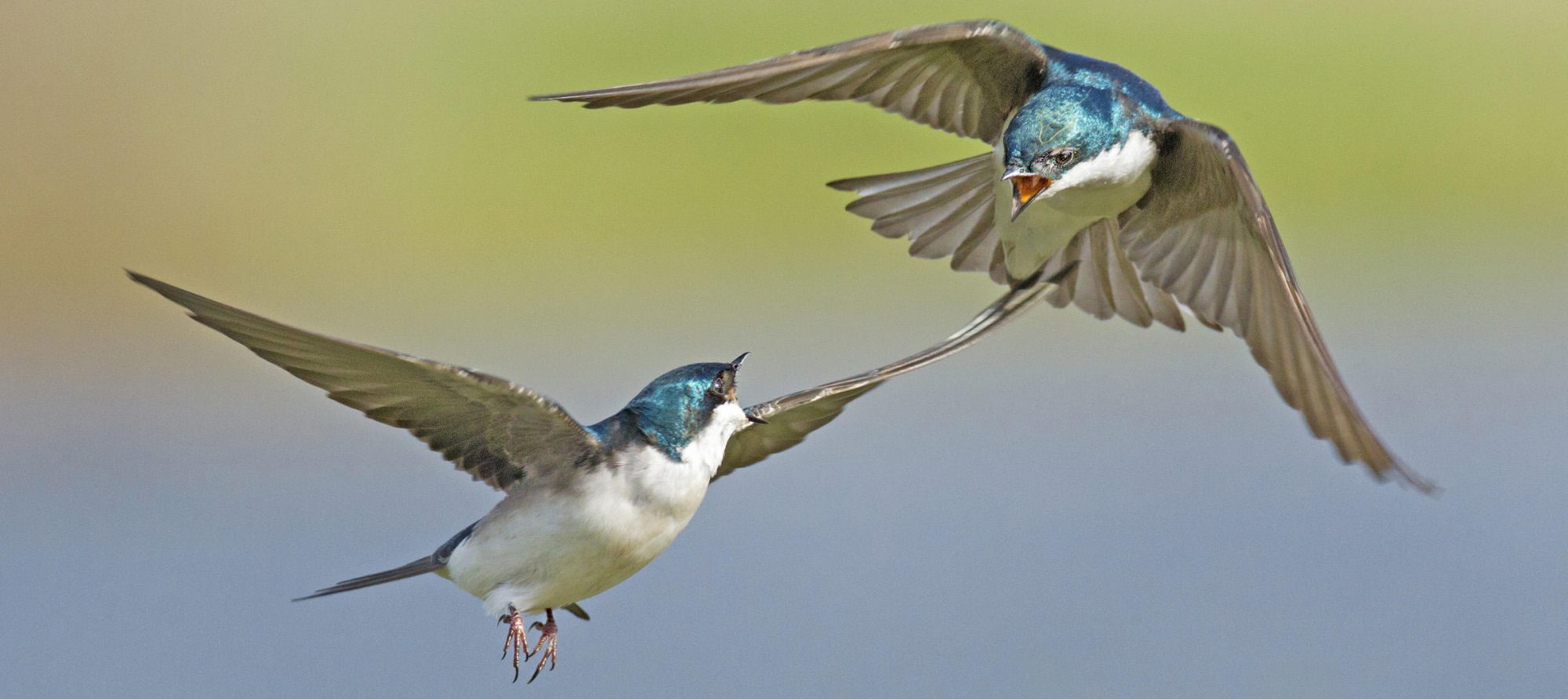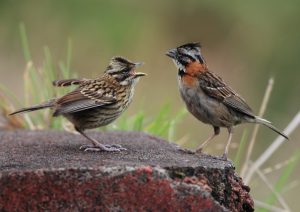Our work on tropical birds illustrates what we can learn from studies of free-living organisms when addressing questions of animal function from both proximate (mechanisms) and ultimate (consequences) perspectives. We know very little about how tropical organisms work despite the fact that the vast majority of the world’s organisms are tropical. Do they breed seasonally? What neuroendocrine mechanisms do they use to mediate reproduction? What environmental cues do they use? Investigating the seasonality of reproduction in the rufous-collared sparrow, Zonotrichia capensis, has provided some answers. From a natural history perspective, we have found that despite living on the equator these birds can breed seasonally but that populations vary in the timing of seasonality. From the proximate perspective, we found that seasonal behavior is mediated by seasonal variation in brain form and function. We have also found that male birds in different populations sing different song dialects and that females have a preference for the local song dialect. From an ultimate perspective, this cultural divergence has contributed to genetic divergence among the populations. Thus, we have gone from the observations of differences in timing of breeding and song dialects to understanding the mechanisms (brain plasticity) and the ultimate consequences (population divergence) associated with tropical environments.
The Moore Lab
Mechanisms of Animal Behavior

